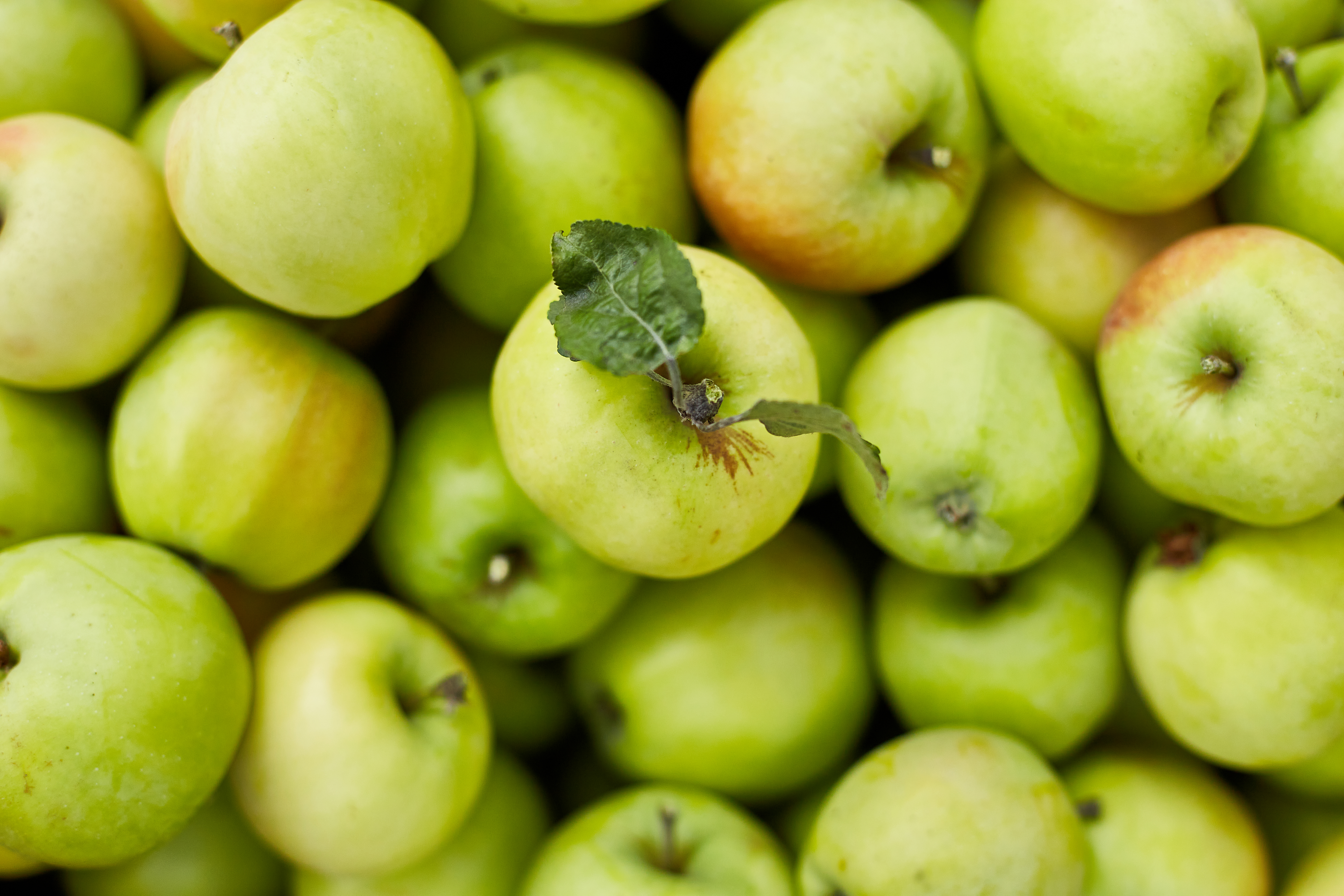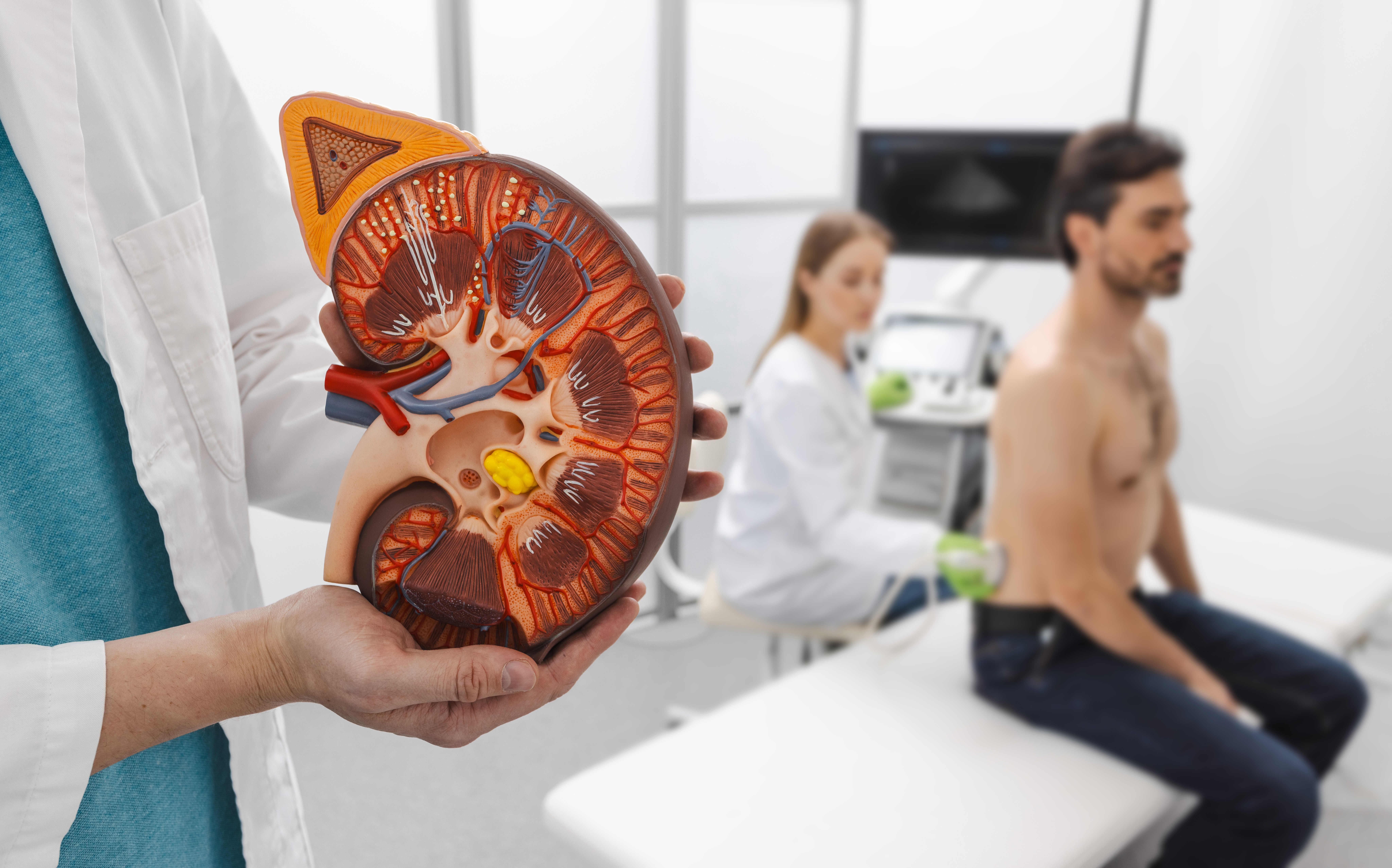11 Unbeatable Tactics to Ward Off and Tame Kidney Infections
That dull ache in your back. The sudden, agonizing urgency. The chilling fever that sweeps over you. A kidney infection isn't just an inconvenience; it's a brutal invasion, turning everyday life into a painful battle against nausea, throbbing discomfort, and a host of debilitating symptoms. When pathogens hijack your urinary tract and set up camp in your kidneys, the consequences can be severe, demanding immediate attention and effective strategies. But what if you could proactively protect yourself? What if you had an arsenal of proven methods not just to fight back, but to prevent these insidious invaders from ever taking hold? Stop living in fear of the next flare-up. We've compiled 11 Unbeatable Tactics to Ward Off and Tame Kidney Infections, equipping you with the knowledge to safeguard your health and reclaim your comfort.
1. Drink Plenty Of Fluids

The most common cause of a kidney infection is the movement of bacteria through the ureters to the kidneys that had originated from a bladder infection. Bladder infections develop when bacteria enter the urethra and then make their way to the bladder. Once the bacteria is in the bladder, it attaches to the walls of the bladder and begins to colonize. If the individual's immune system is unable to eliminate the bacteria quickly, a bladder infection develops. An individual who drinks plenty of fluids will have to urinate more frequently than someone who does not. The mechanical action of urinating allows for bacteria attempting to reach the bladder through the urethra to be washed away by the urine flow. Drinking plenty of fluids can help an individual decrease their chances of developing a bladder infection because urine is not stagnating in the organ. Fewer bladder infections help decrease an individual's chance of developing a kidney infection.
2. Don't Delay Urination

An individual can help prevent developing a kidney infection if they avoid delaying urination when they feel the urge to urinate. The capacity of a healthy adult bladder is around two cups of liquid. For a healthy individual, holding their urine in once in a while will not usually cause harm. When an individual feels the urge to urinate, it is not as simple as a bladder full of urine. The mechanism that triggers this sensation is a complex operation involving the participation of numerous nerves, organs, and muscles. The nerves in the bladder tell the individual's brain it is time to urinate when their bladder is half full. The brain sends transmissions back to the bladder that tells it to hold the urine until the individual is ready to urinate. Holding the urine in the bladder alone does not cause an individual to develop a bladder or kidney infection. However, urine that stagnates in the bladder can provide a sufficient environment for bacteria to grow, multiply, and thrive. When bacteria multiply in the stagnated urine, they cause a bladder infection that can spread to the kidneys.
3. Course Of Antibiotics

An individual affected by a kidney infection may need to take a course of antibiotics to treat their infection and prevent further complications. Most physicians prescribe a course of antibiotics or give an initial injection of antibiotic medication for treatment until the results of a urinalysis return from the laboratory. A urinalysis is a test performed on an individual's urine that can help a physician determine which strain is causing their kidney infection to ensure they are taking the proper antibiotic to eliminate it. If the results return and indicate the patient has started on antibiotics that will not be effective at eliminating the type of bacteria causing their infection, the physician will have them stop the antibiotics they are on and begin taking the correct one. Depending on a patient's personal medical history, they will take the antibiotics for between five and ten days at a specified dose. Patients affected by more severe kidney infections that have produced complications may need to be treated in a hospitalized setting with intravenous antibiotics.
4. Intravenous Fluids

An individual affected by a particularly severe infection in their kidneys may need to be hospitalized to receive intravenous fluids as part of their treatment plan. They may become ill to the point where they are unable to drink fluids. An individual who has become toxic may be unable to tolerate oral fluids if they have become dehydrated. Current guidelines for the intravenous fluid treatment indicate the fluids given intravenously to patients who have severe kidney infections should be comprised of one liter of five percent dextrose dissolved in saline. This intravenous mixture helps ensure any existing ketosis that has developed as a result of the kidney infection is mediated. This mixture is recommended for all patients affected by a severe kidney infection regardless of ketone detection in their urine sample. Any additional intravenous hydration should be given as normal saline. The doctor should closely monitor the patient for complications that could occur from any imbalances in salt, fluids, and glucose in the body.
5. Pain Medication

An individual affected by a kidney infection may need to take pain medication as part of their treatment plan. Kidney infections can cause disabling flank pain and urinary pain, which often disrupts a patient's daily tasks and activities. They may have to miss school or work due to the amount of pain they are experiencing from the infection. This is a common symptom that develops in patients affected by kidney infections and can be mediated with the use of several types of pain medication. One of the most prevalent medications to be used in the treatment of bladder and kidney infections is referred to as phenazopyridine. Phenazopyridine is a pain-relieving medication that performs its action on the lower part of the urinary tract to reduce the increased urge to urinate, urgency, pain when urinating, and burning. Flank pain can be treated with the use of narcotic pain medications when the patient is hospitalized as a result of their kidney infection.
6. Embrace the Power of Cranberry (Strategically)

While often dismissed, cranberry products can be a powerful preventative, but only if used correctly. Cranberry contains A-type proanthocyanidins (PACs) that prevent bacteria, particularly E. coli, from adhering to the urinary tract walls. This "anti-adhesion" property is crucial for warding off infections before they ascend to the kidneys. Look for high-concentration cranberry supplements or pure, unsweetened cranberry juice, as sugary drinks can be counterproductive. Consistent, preventative intake for those prone to UTIs can significantly reduce the risk of kidney involvement.
7. Prioritize Proper Hygiene (Especially for Women)

This might seem obvious, but meticulous hygiene practices are frontline defense against kidney infections. For women, wiping from front to back after using the restroom is paramount to prevent bacteria from the anal region entering the urethra. Similarly, urinating immediately after sexual intercourse helps flush out any bacteria that may have entered the urinary tract. Simple, consistent habits like these drastically reduce the initial bacterial load, cutting off the infection's path before it even reaches the bladder, let alone the kidneys.
8. Re-evaluate Your Birth Control (If Prone to UTIs)

Certain types of birth control can, for some individuals, increase the risk of recurrent urinary tract infections (UTIs), which are the primary precursors to kidney infections. Diaphragms and spermicides, for example, can alter the vaginal flora, making it easier for bacteria to proliferate and ascend the urinary tract. If you experience frequent UTIs and use these methods, discussing alternatives with your doctor is a crucial step. Changing your contraceptive method could significantly reduce your risk of future infections.
9. Support Gut Health with Probiotics

A healthy gut microbiome plays a surprisingly significant role in overall immune function, including defense against urinary tract pathogens. Probiotics, particularly strains like Lactobacillus acidophilus and Lactobacillus rhamnosus, can help maintain a healthy balance of bacteria in the body, including the vaginal and urinary tracts. Incorporating probiotic-rich foods (like fermented yogurt or kefir) or supplements can bolster your body's natural defenses, making it harder for harmful bacteria to establish themselves and potentially lead to kidney infections.
10. Manage Underlying Health Conditions (Diabetes, Stones)

Uncontrolled chronic conditions significantly elevate the risk of kidney infections. Diabetes, for instance, can lead to elevated sugar in urine, creating a breeding ground for bacteria, and also impair immune response. Kidney stones or any urinary tract obstruction can block urine flow, allowing bacteria to multiply. Actively managing conditions like diabetes through diet and medication, and addressing kidney stones or other blockages promptly with medical intervention, are critical preventative tactics that address root causes of infection susceptibility.
11. Consider D-Mannose for UTI Prevention

D-Mannose is a simple sugar, naturally found in some fruits, that has shown promise in preventing UTIs, especially those caused by E. coli, the most common culprit behind kidney infections. Unlike antibiotics, D-Mannose doesn't kill bacteria; instead, it adheres to the E. coli in the urinary tract, preventing them from sticking to bladder walls. The bacteria are then harmlessly flushed out with urine. For individuals with recurrent UTIs, D-Mannose can be a powerful, non-antibiotic preventative tactic to keep infections from escalating.
Proactive Protection: Mastering Kidney Health

Kidney infections, while formidable, are not unconquerable. By embracing a holistic approach that extends beyond immediate treatment, you empower your body to ward off these painful invaders. From the foundational importance of hydration and timely urination to the strategic use of cranberry and D-Mannose, rethinking birth control, and bolstering your gut health with probiotics, these tactics provide a comprehensive shield. Managing underlying health conditions like diabetes or kidney stones further fortifies your defenses. Arm yourself with this knowledge, transforming vulnerability into vigilance. Your kidneys are vital; give them the unbeatable protection they deserve, reclaiming your comfort and peace of mind.
